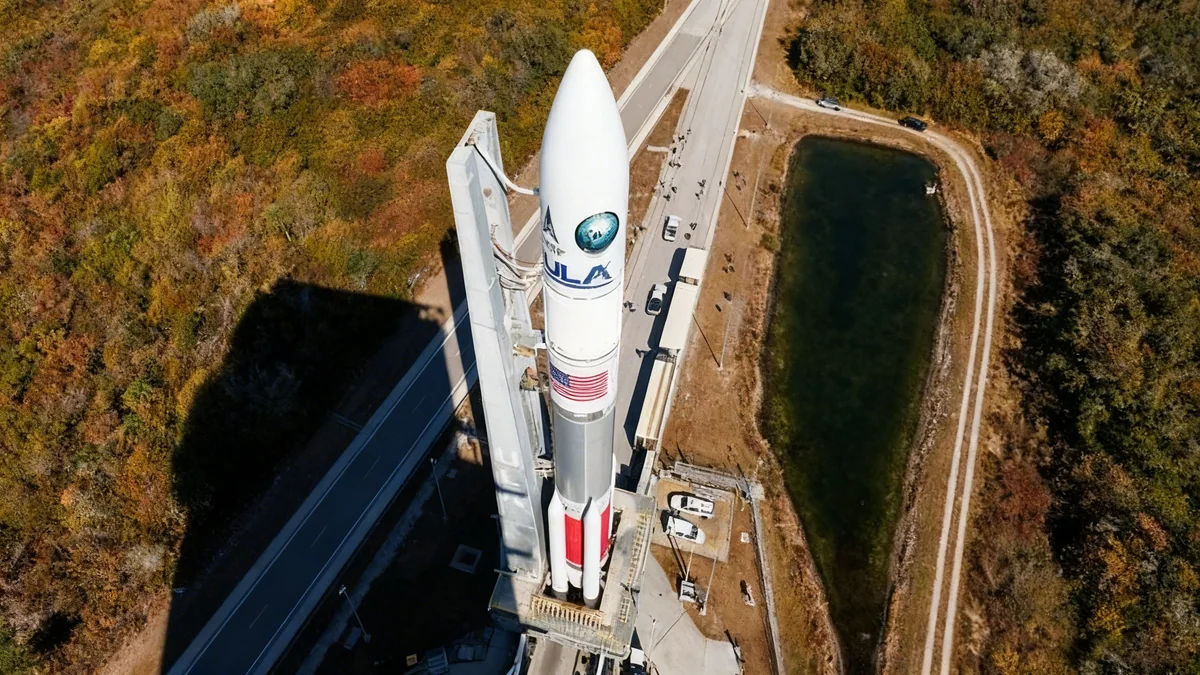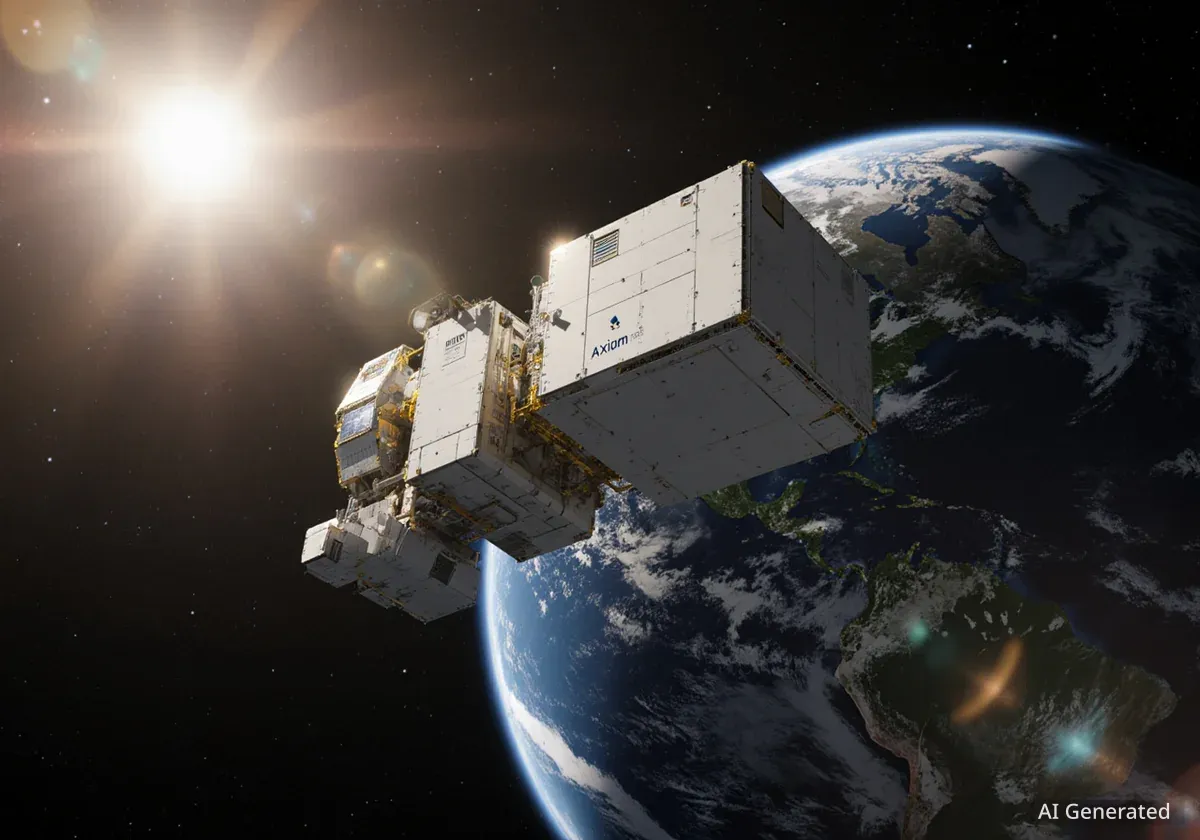Discussions to form a major European space company, involving Italy's Leonardo, France's Thales, and Airbus, will take several more weeks to finalize. A source familiar with the matter indicated on Monday that key aspects of the collaboration are still under review by the involved parties.
The creation of this new entity aims to strengthen Europe's position in the global space sector. However, reaching a comprehensive framework agreement requires careful consideration and approval from the boards of all three prominent aerospace and defense firms.
Key Takeaways
- Talks for a new European space giant involving Leonardo, Thales, and Airbus are ongoing.
- A framework agreement is expected to take several more weeks to complete.
- Key alliance points require further consideration and board discussions.
- The initiative seeks to boost Europe's competitive standing in the space industry.
Negotiations Continue for Space Sector Powerhouse
Representatives from Leonardo, Thales, and Airbus are actively working towards a framework agreement. This agreement is crucial for establishing a new, unified European space entity. The discussions involve complex details that need careful negotiation among the three industry leaders.
The goal is to merge specific space-related assets and operations to create a more integrated and competitive European player. This move comes as global competition in the space industry intensifies, driven by both national programs and private sector innovation.
Companies Involved
- Leonardo (Italy): A global high-tech company in Aerospace, Defense, and Security.
- Thales (France): A global technology leader in Aerospace, Space, Defence, Security, and Transportation.
- Airbus (Europe): A multinational aerospace corporation that designs, manufactures, and sells civil and military aerospace products worldwide.
Complexities in Forming a Joint Venture
The source, who requested anonymity due to the private nature of the talks, stated that certain key points of the alliance still require more consideration. These points likely include issues such as ownership structures, operational control, asset valuations, and future strategic direction.
Bringing together three large, publicly traded companies with diverse national interests and existing portfolios is inherently complex. Each company has its own set of shareholders, national strategic priorities, and regulatory environments to navigate.
"The parties are still considering some key points of the alliance and the boards of the three companies will need to discuss them," the source indicated, highlighting the need for internal corporate approvals.
Board Approvals Expected in Weeks
Before any final agreement can be reached, the boards of directors for Leonardo, Thales, and Airbus must thoroughly review and approve the proposed framework. This process typically involves detailed financial, legal, and strategic assessments.
Board discussions are essential for ensuring that the alliance aligns with each company's long-term objectives and serves the best interests of their respective stakeholders. This due diligence can often extend the negotiation timeline.
Why a European Space Giant?
The European space industry faces strong competition from the United States, China, and emerging players. Consolidating resources and expertise into a single, powerful entity could:
- Enhance research and development capabilities.
- Improve cost efficiency through economies of scale.
- Strengthen Europe's ability to bid on large international contracts.
- Foster greater technological independence in critical space sectors.
Implications for the European Space Industry
The successful formation of this new space giant could significantly reshape the European aerospace and defense landscape. It could lead to a more streamlined approach to space technology development, manufacturing, and service provision across the continent.
Experts suggest that a consolidated entity would be better positioned to compete in areas such as satellite manufacturing, launch services, and Earth observation. This strategic move aims to ensure Europe remains a leading force in the global space economy.
According to industry analysts, the global space economy is projected to grow substantially in the coming decade. A stronger, unified European presence could capture a larger share of this expanding market, estimated to reach over $1 trillion by 2040.
Previous Merger Talks and Market Dynamics
This is not the first time discussions about consolidating European space assets have taken place. The complexities of national interests and corporate structures have often slowed such initiatives in the past.
However, increased geopolitical pressures and the rapid growth of the commercial space sector highlight the urgency for Europe to adapt. Companies like SpaceX and Blue Origin in the United States have demonstrated the benefits of integrated operations and agile development.
The current talks represent a renewed effort to overcome these challenges and establish a more robust and unified European strategy for space. The outcome of these negotiations will be closely watched by governments, investors, and competitors worldwide.
The ultimate goal is to create a more resilient and innovative European space industry capable of meeting future demands in defense, scientific exploration, and commercial applications. The coming weeks will be critical for these discussions.





